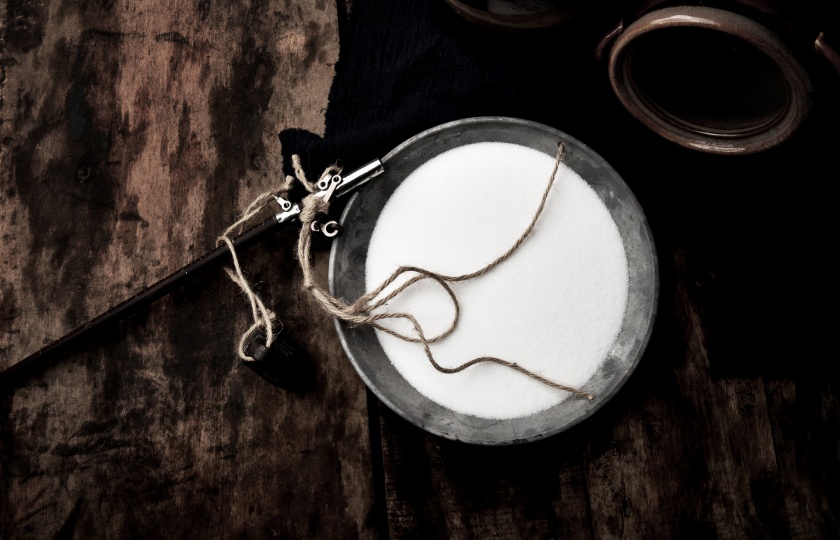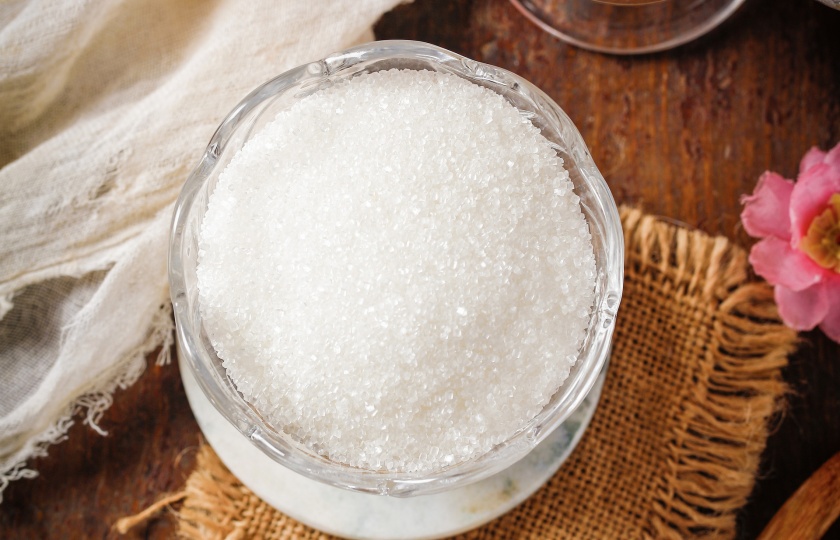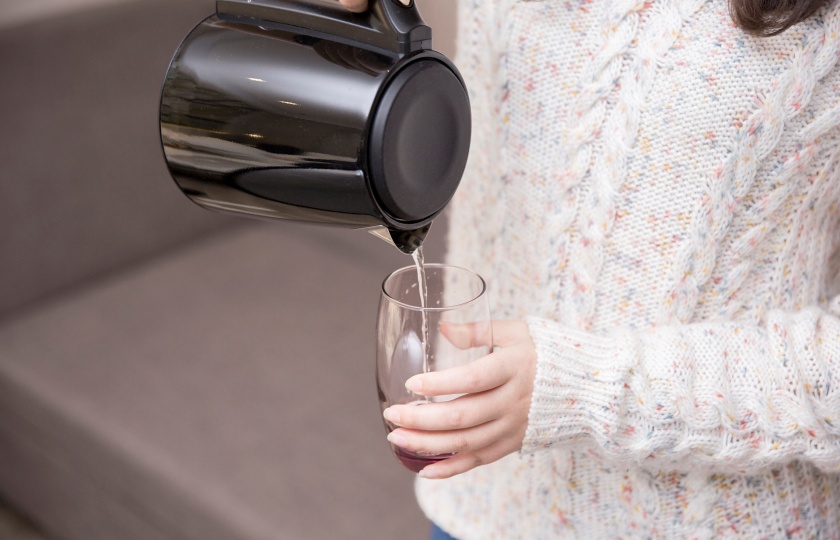Does Salt Make Water Boil Faster? The Science Unveiled

Many people say that adding salt can speed up the boiling process of water. Is this true? After conducting an experiment, I found out... the answer is in the following text!
Does Salt Make Water Boil Faster?
Salt does not speed up the boiling of water.
Although you might have heard many times that salt can make water boil faster, from a scientific standpoint, salt does not speed up the boiling process.
The boiling point of water is 100°C. While adding salt raises the boiling point of water, salt also reduces water's thermal conductivity, which can actually lengthen the heating time. So, if you want to speed up the boiling of water in everyday life, adding salt won’t help.
However, when boiling pasta or vegetables, adding salt can enhance the flavor and help prevent vegetables from discoloring.
Why Does Salt Make Water Boil Faster?
Salt does not make water boil faster. In fact, it raises the boiling point of water, thus prolonging the boiling time.

When salt dissolves in water, it forms a sodium hydrate solution. At this point, instead of accelerating the boiling, it actually increases the boiling point because the ions in the salt interfere with the evaporation process of the water molecules. As a result, the water molecules require a higher temperature to reach the boiling point.
Why Do Chefs Add Salt to Boiling Water?
Chefs add salt to water primarily for the following reasons:
Maintaining the color of vegetables: Adding salt while blanching vegetables helps keep them bright green. The salt slows down the loss of nutrients in the vegetables, balancing the concentration inside and outside the cells, thus preserving the color and making them more vibrant.
Enhancing the taste of food: Salt improves the taste and makes food more flavorful. For example, when boiling pasta or dumplings, adding salt can make the noodles more elastic and the dumpling wrappers chewier.
Increasing flavor: Salt not only enhances the saltiness of food but also helps bring out the overall flavor, balancing the acidity and alkalinity of dishes, making the food taste fresher and more delicious.
Reducing nutrient loss: During cooking, nutrients in food can be lost. Adding a small amount of salt can help reduce the loss of water-soluble vitamins (like Vitamin C and B vitamins) in vegetables, helping to retain more nutrients.
Does Sugar Make Water Boil Faster?
Sugar does not speed up the boiling of water.
The boiling point of water is mainly affected by atmospheric pressure and is not related to whether sugar is added.

Adding sugar to water can change the intermolecular forces between the sugar molecules, slightly affecting the heat transfer efficiency of the water. However, it doesn’t affect the boiling point.
The reason why people may think water boils faster after adding sugar is more psychological. From a scientific perspective, sugar does not make water boil faster.
What Makes Water Boil the Fastest?
The speed at which water boils primarily depends on two factors: water purity and heating efficiency.
Therefore, when boiling water, it is best to use purified water and avoid adding salt or sugar. The purer the water, the better.
Next, heat intensity is key. With lower heat, the temperature rises slowly; with higher heat, the temperature increases more quickly. It is recommended to use medium to high heat to boil water.
Additionally, choosing the right cookware matters. It’s best to use thin-bottomed pots, such as stainless steel or copper pots, which have better heat conductivity and can transfer heat to the water quickly, causing it to boil faster.
Does Salt Hydrate or Dehydrate the Body?
Salt does not hydrate the body, nor does it cause dehydration.
Moderate salt water can replenish fluids and electrolytes:
When the body loses a lot of fluids through sweating, diarrhea, or dehydration, drinking a small amount of saltwater can help replenish lost fluids and electrolytes (such as sodium ions), maintaining electrolyte balance and preventing dehydration.
For example, drinking saltwater after exercise or when suffering from heatstroke can relieve fatigue and muscle cramps.

High concentrations of saltwater can cause dehydration:
If the salt concentration is too high, the sodium ion concentration in the blood increases, leading to an imbalance in osmotic pressure inside and outside the cells.
Water inside the cells will be drawn out, causing dehydration. Symptoms of dehydration include thirst, dry skin, and fatigue.
The importance of moderate salt intake:
Sodium in salt is an essential electrolyte that helps maintain fluid balance, nerve conduction, and muscle function in the body.
A moderate amount of salt intake is necessary for normal physiological functions.
However, both excessive and insufficient intake can have negative effects on health.























